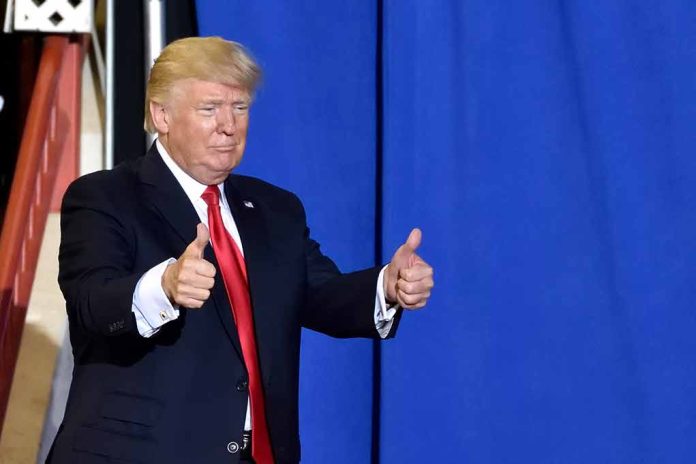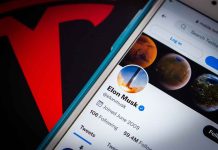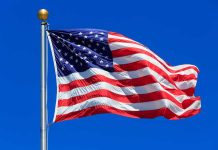
ByteDance seeks to delay TikTok’s divestiture deadline, pinning hopes on Trump’s potential policy shift.
At a Glance
- ByteDance appeals to extend TikTok divestiture deadline beyond Trump’s inauguration
- Trump shifts stance from banning to potentially saving TikTok
- Court upholds TikTok ban as constitutional, citing national security concerns
- TikTok’s fate hinges on Trump’s China policy and advisers’ national security views
- ByteDance’s strategy highlights complex interplay of business, politics, and international relations
ByteDance’s Legal Maneuvers and Trump’s Shifting Stance
ByteDance, the parent company of TikTok, is making strategic moves to delay the forced divestiture of the popular social media platform in the United States. The company is appealing to U.S. courts to extend the current January 19, 2025 deadline, which falls just one day before President-elect Donald Trump’s inauguration. This calculated move comes as Trump’s stance on TikTok has dramatically shifted from his previous attempts to ban the app to recent campaign promises to save it.
The legal battle intensified when the District of Columbia Circuit Court of Appeals upheld the decision to ban or divest TikTok as constitutional, citing national security concerns. Despite this setback, ByteDance and TikTok are preparing to take their case to the Supreme Court, hoping to protect what they view as Americans’ right to free speech.
“The First Amendment exists to protect free speech in the United States. Here the Government acted solely to protect that freedom from a foreign adversary nation and to limit that adversary’s ability to gather data on people in the United States.” – Judge Douglas Ginsburg
TikTok’s Significance in American Digital Culture
TikTok’s importance in the U.S. digital landscape cannot be overstated. With over 170 million users in the country and 17% of American adults using it for news consumption, the platform has become deeply ingrained in American digital culture. This widespread adoption has made TikTok a pivotal outlet for information and entertainment, raising the stakes in the ongoing debate about its future in the United States.
Trump’s evolving position on TikTok reflects the complex interplay of politics, national security, and international relations. During his recent presidential campaign, Trump declared, “For all of those that want to save TikTok in America, vote for Trump.” This statement marks a significant departure from his previous attempts to ban the app, suggesting a potential shift in policy direction should he take office.
National Security Concerns and Political Maneuvering
The U.S. government’s push for TikTok’s divestiture stems from national security concerns related to the app’s connections to China. However, no public examples of these risks have been provided. ByteDance has consistently denied being controlled by or sharing data with the Chinese government, but these assurances have not allayed fears among some U.S. officials.
Trump’s change in stance is likely influenced by multiple factors, including his personal use of TikTok and its geopolitical significance. Analysts suggest that Trump may be considering using TikTok as leverage in negotiations with China. This shift in policy has created a complex landscape for ByteDance and TikTok, as they navigate the intertwining realms of business, politics, and international relations.
The fate of TikTok in the U.S. remains uncertain, with potential outcomes ranging from a complete ban to continued operation under new ownership or management structures. As ByteDance seeks to delay the divestiture, the company is effectively buying time to explore alternative solutions and adapt to the evolving political landscape. The resolution of this issue will have far-reaching implications for U.S.-China tech relations and the future of global social media platforms.
Sources
1. TikTok is inching closer to a potential ban in the US. So what’s next?
2. ByteDance seeks to delay US TikTok ban, putting hope on Trump administration














